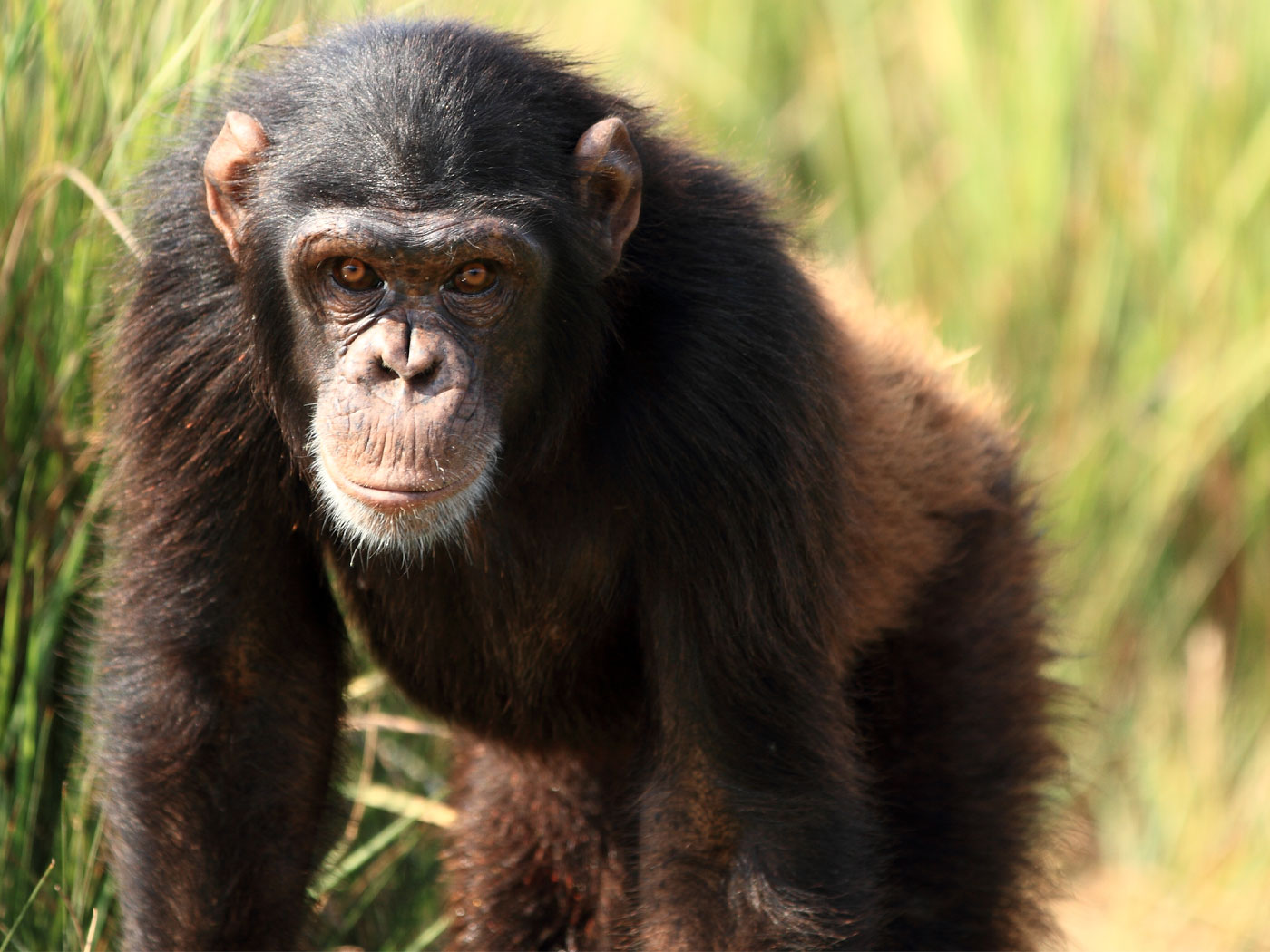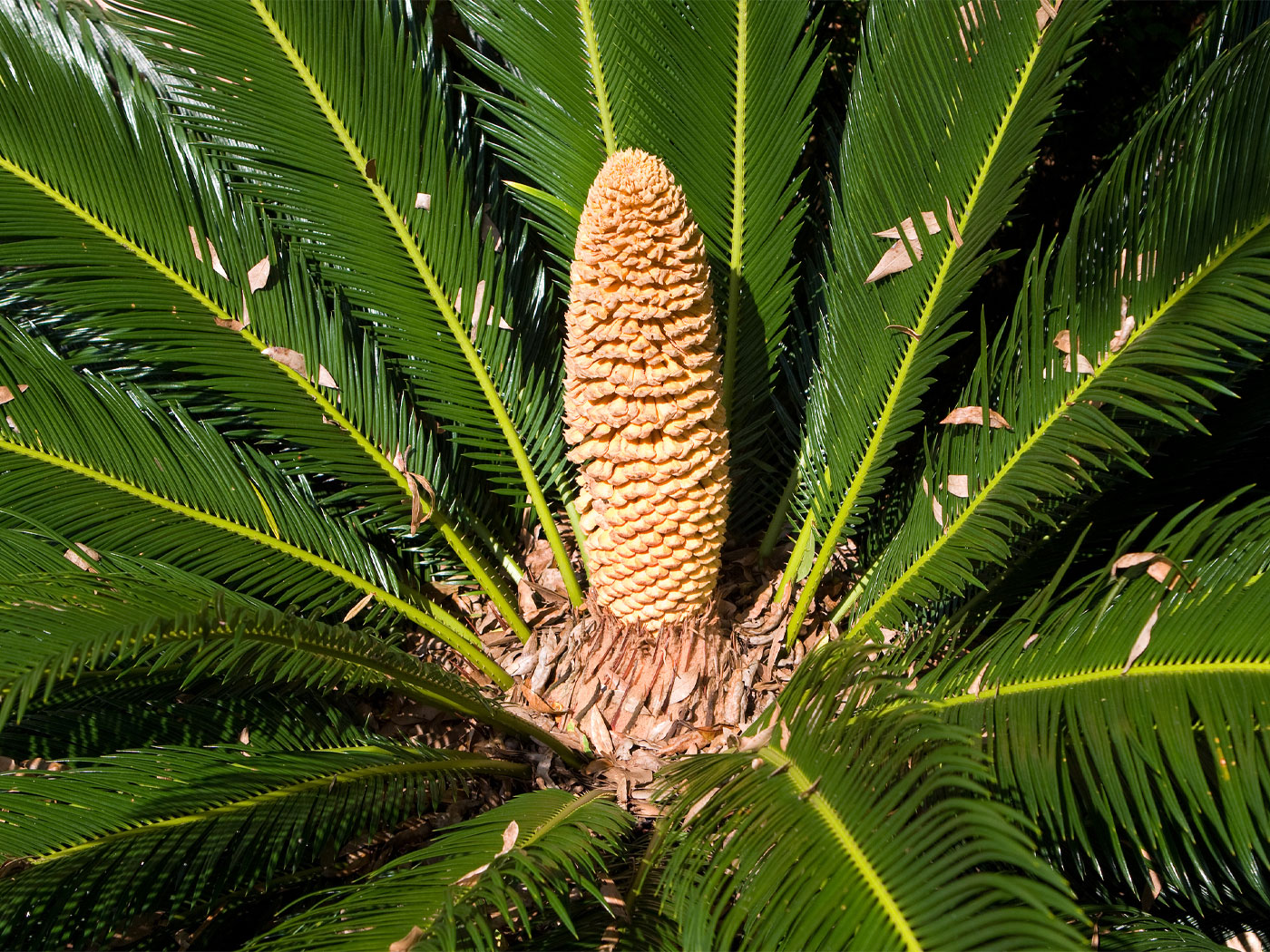Cell biologists have long focused on the tiniest of interactions: those between molecules. Recently, some researchers have zoomed out just a little to take a fresh look using new technologies at those cellular compartments, called organelles. Their discoveries give new insight into diseases, prompt a desire to redraw all the standard textbook cell pictures, and challenge anyone who still thinks of cells as simple blobs of protoplasm.
The journal Nature ran a feature article on these emerging research finds.1 The main new lesson? Organelles interconnect in elaborate ways. They don’t work as isolated compartments, but wrap around and pin against one another. And their closeness is no accident.
Complicated arrangements of organelle connections include the way that endoplasmic reticulum dynamically folds around mitochondria. This way—and only this way—they can swap enough products like calcium, lipids, and sugars fast enough to keep the cell healthy.
Additional research revealed super-contact zones between a handful of organelles. These zones use specific tether proteins. Cell biologist Laura Lackner at Northwestern University in Evanston told Nature, “It brings in a whole other layer of spatial organization.”1
Cells already boast the world’s most densely encoded language in their DNA sequence, plus an array of added genetic and epigenetic codes2 and even chromosomal architecture.3 Now this.
Some organelles contact, separate, then touch again in motions that to these scientists look like dancing. Diseased cells show unbalanced contact patterns. Harvard’s Gökhan Hotamıȿlıgil told Nature, “It doesn’t look very elegant.”1 But when Gia Voeltz, a University of Colorado at Boulder cell biologist, showed microscopic imaging videos of healthy cell’s organelles dance to colleagues, she said, “People were like, ‘…I had no idea everything was so integrated and beautiful.’”1
Back in 2017, a team of USA-based cell biologists captured video of six separately colorized organelles.4 It gives a glimpse of this dynamic dance.5 Where could something like this come from?
Wiezmann Institute biologist Maya Schuldiner may have unwittingly revealed an answer. She told Nature, “An organelle cannot function in isolation.”1 This implies that all the required organelles—perhaps all of them—plus their tethering proteins and protocols must have originated at the same time.
Car motors might illustrate the situation. One can have every required engine part in the right place—pistons, spark plugs, and radiator—but without fastening them all together at the same time, you might as well have so much scrap metal. So it is with the dancing organelles that run life’s cells. However, these cellular engine parts don’t stay stuck to one another—they glide together in choreographed rhythms.
The all-or-nothing origins that these new discoveries imply point straight to creation. ![]()
The all-or-nothing origins that these new discoveries imply point straight to creation. University of California Davis biologist Jodi Nunnari told Nature, “It really seems like this is some sort of functional hub that the cell has created.” Only, nobody has seen a cell create its own parts any more than a car engine does. These partnering dances in cells demand supernatural beginnings.
References
1. Dolgin, E. 2019. How secret conversations inside cells are transforming biology. Nature. 567(7747): 162-164.
2. Tomkins, J. Epigenetic Code More Complicated Than Previously Thought. Creation Science Update. Posted on ICR.org January 28, 2016, accessed March 29, 2019.
3. Thomas, B. Genomes Have Remarkable 3-D Organization. Creation Science Update. Posted on ICR.org November 15, 2010, accessed March 29, 2019.
4. Valm, A. M. et al. 2017. Applying systems-level spectral imaging and analysis to reveal the organelle interactome. Nature. 546 (7656): 162-167.
5. Valm, A. M. et al. 2017. Supplementary information. Video 1: Point-scanning confocal, 6-colour time-lapse images. Nature. 546 (7656): 162-167.
Dr. Thomas is Science Writer at the Institute for Creation Research and earned his Ph.D. in paleobiochemistry from the University of Liverpool.














